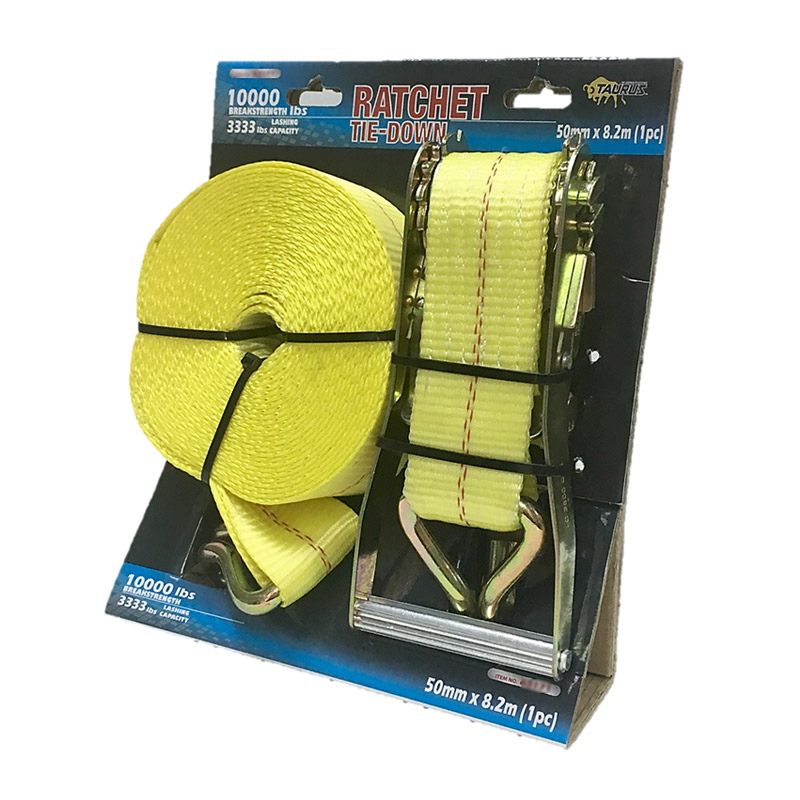anchor fixing resin
Understanding Anchor Fixing Resin Applications and Benefits
In the world of construction and engineering, the stability and durability of structures are paramount. One critical component that significantly contributes to these aspects is anchor fixing resin. This synthetic material plays a vital role in securing anchors to various substrates, providing the strength and reliability needed for various applications.
What is Anchor Fixing Resin?
Anchor fixing resin is a type of adhesive formulated to bond metal fixtures, such as bolts and rods, into concrete, brick, and masonry. It typically consists of two components a resin and a hardener. When mixed, these components undergo a chemical reaction that results in a robust, durable bond. This resin is often used in conjunction with metal anchors to create a secure anchoring system.
Types of Anchor Fixing Resin
There are various types of anchor fixing resins available, each designed for specific applications and environmental conditions. The most common types include
1. Epoxy Resin Known for its exceptional strength and durability, epoxy resin is widely used in heavy-duty applications. It is highly resistant to chemicals, humidity, and temperature variations, making it suitable for both indoor and outdoor use.
2. Polyester Resin Generally more cost-effective than epoxy, polyester resin offers a good balance of strength and flexibility. It is ideal for light to medium-duty applications, particularly in environments that are not excessively harsh.
3. Vinylester Resin This type combines the best features of epoxy and polyester resins. Vinylester resins offer high strength and excellent resistance to corrosion, making them a preferred choice for marine and industrial applications.
4. Hybrid Resins These modern formulations combine various components to enhance performance characteristics. Hybrid resins may incorporate features from epoxy, polyester, and vinylester resins, catering to a wider range of applications.
Applications of Anchor Fixing Resin
Anchor fixing resins find extensive usage in several fields, including
anchor fixing resin

1. Construction They are fundamental in securing structural elements such as beams, columns, and cladding systems to concrete and masonry structures. Their strength ensures that these elements remain stable, even under heavy loads.
2. Infrastructure Bridges, highways, and tunnels often require strong anchoring systems to withstand significant stress and environmental elements. Anchor fixing resins play a crucial role in maintaining the integrity and longevity of these structures.
3. Industrial Settings In factories and warehouses, machinery and equipment need to be securely anchored to prevent accidents and maintain operational safety. Anchor fixing resins provide the strength required for these installations.
Benefits of Using Anchor Fixing Resin
1. Strength and Stability The primary advantage of anchor fixing resin lies in its ability to provide a robust bond capable of withstanding various stress levels, including tensile and shear forces.
2. Versatility With different formulations available, anchor fixing resins can be tailored for diverse applications and materials, making them suitable for a wide range of projects.
3. Ease of Use Many resins are user-friendly and can be applied without requiring specialized tools or techniques. This ease of application can lead to significant time and cost savings on projects.
4. Durability Once cured, anchor fixing resin exhibits excellent resistance to environmental factors, including moisture, temperature fluctuations, and chemical exposure, ensuring a long-lasting bond.
5. Speed of Installation The quick curing times associated with many anchor fixing resins allow for faster project completion, minimizing downtime and increasing productivity.
Conclusion
Anchor fixing resins play a crucial role in many construction and engineering applications, ensuring the stability and safety of various structures. By understanding the types, applications, and benefits of anchor fixing resins, professionals can make informed choices that enhance the durability and reliability of their projects. As technology advances, we can expect further innovations in resin formulations, leading to even more efficient and superior anchoring solutions in the future.
-
Weatherproof Plastic Expansion Anchors for OutdoorNewsJun.06,2025
-
Sustainability in the Supply Chain: Eco-Friendly TEK Screws ProductionNewsJun.06,2025
-
Load-Bearing Capacity of External Insulation FixingsNewsJun.06,2025
-
Double Head Bolts: Enhancing Efficiency in Industrial MachineryNewsJun.06,2025
-
Corrosion Resistance in Chipboard Screws: Coatings for Wholesale DurabilityNewsJun.06,2025
-
Butterfly Toggle Bolts : Enhancing Structural ResilienceNewsJun.06,2025
